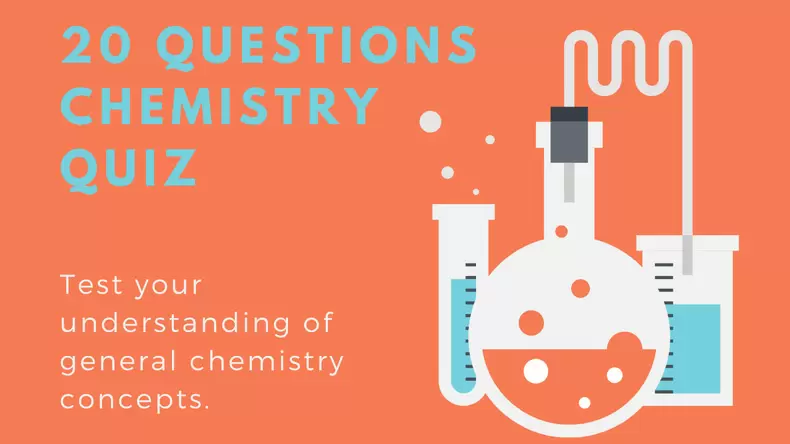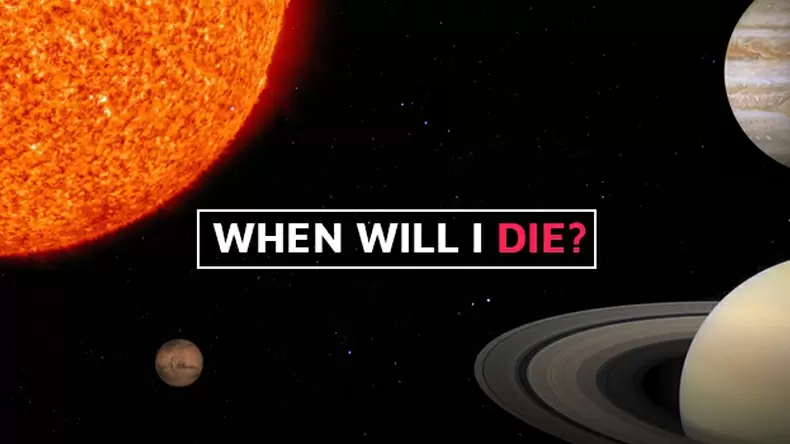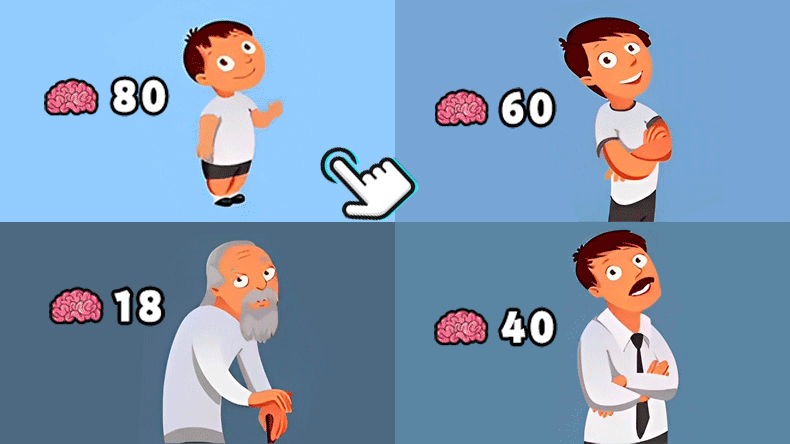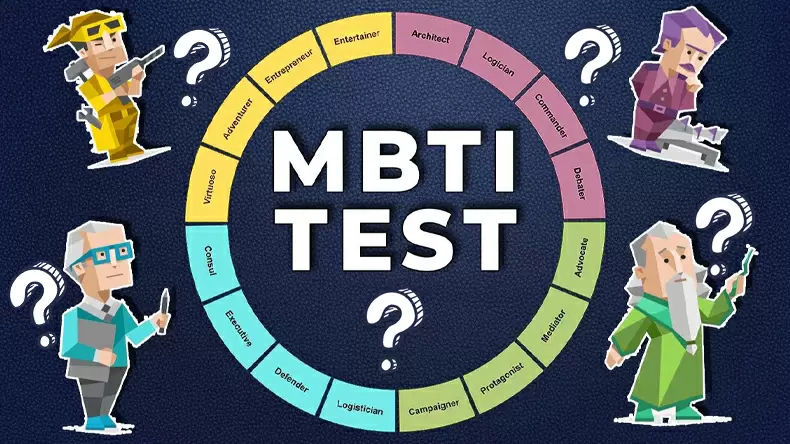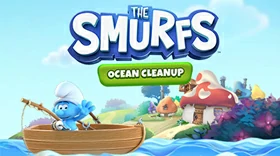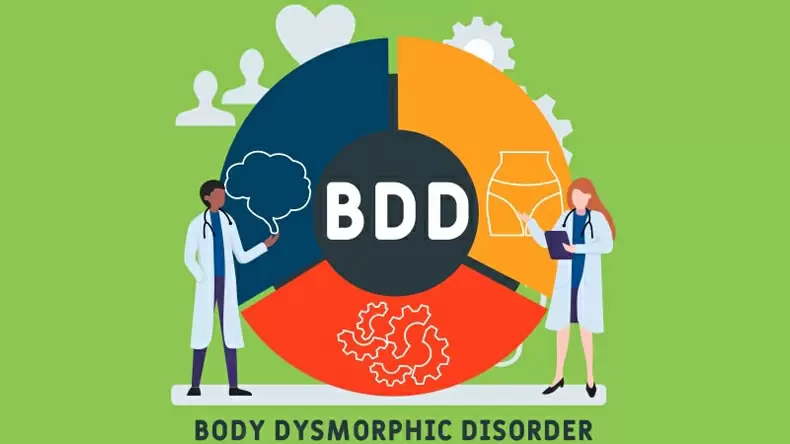Ninja Hands
Get ready to put on your lab coat and safety goggles, because it's time for our Chemistry Knowledge Quiz! Don't worry, we won't make you mix any dangerous chemicals...unless you want extra credit.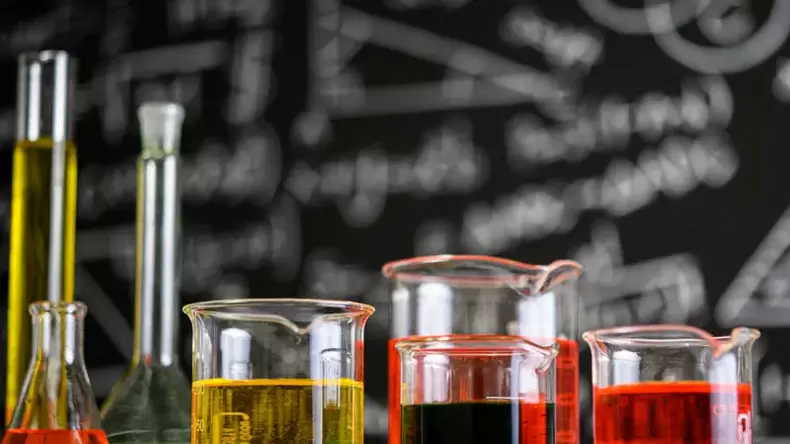
Chemistry Fun Facts
Do you want to learn some chemistry trivia before you dig into questions? For example: what is the fear of chemistry called? What happens when you pour a handful of salt into a full glass of water? What do radioactive elements do in the dark?
The fear or aversion to chemicals and chemistry is called chemophobia. When we think of chemicals, what comes to mind is artificial, human-made additions to our lives, which some people perceive as harmful. However, things like water, sugar, or even oxygen are also chemicals.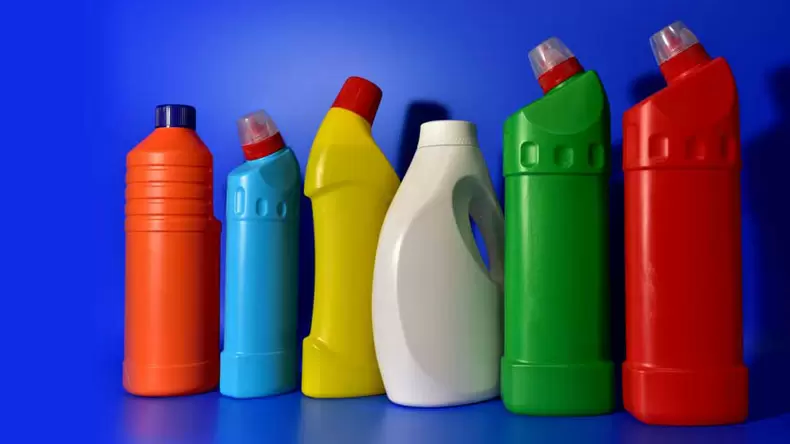
In chemistry, the periodic table is a tabular arrangement of chemical elements. It is organized in order of increasing atomic number. There is a recurring design called the “periodic law”, in which elements in the same column (group) have similar properties. Typically, in one row or period, we have metals to the left, and non-metals to the right. The elements that have similar chemical behaviors are placed in the same column.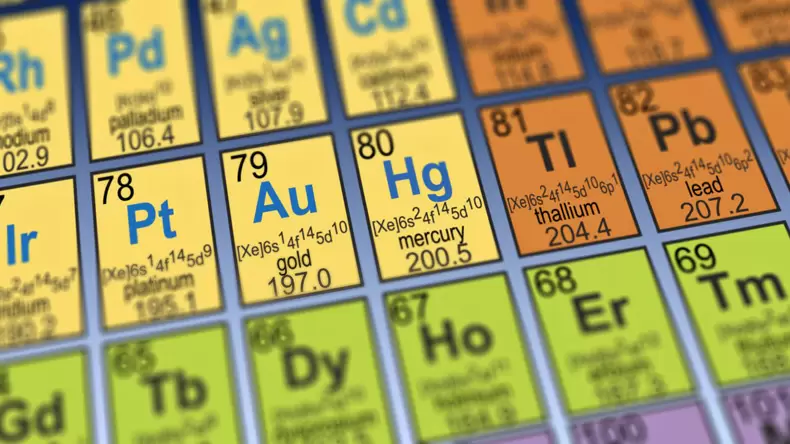
In the periodic table, the element with the shortest name is Tin, with the symbol Sn and atomic number 50. Tin is a silver-colored metal that can be cut with little force and easily bent.
The element with the longest name is Rutherfordium, with the symbol Rf and atomic number 104. Because it is a synthetic element, it is not found in nature and can only be made in a laboratory.
Do you know what the most plentiful chemical substance in the universe is? The answer is hydrogen, estimated to cover 75% of all normal matter. Hydrogen is also the lightest element. At the same time, oxygen is the most abundant element in the Earth’s atmosphere, crust, and oceans (about 49.5%).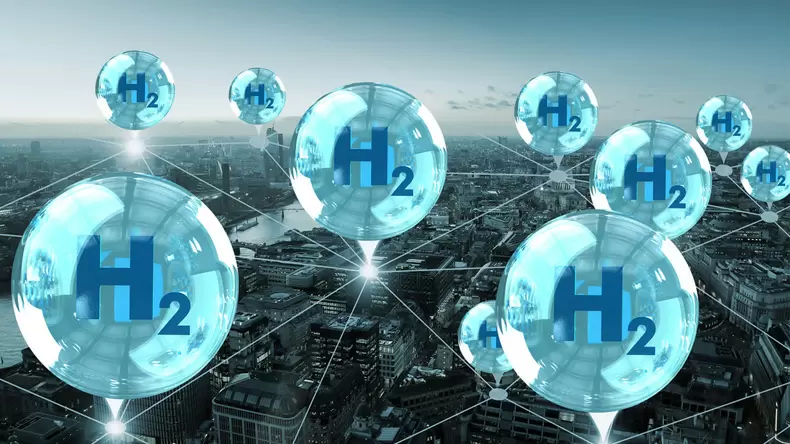
What happens when you pour salt into a glass full of water? The water level will go down instead of overflowing. Salt molecules absorb water molecules, which results in water going down instead of up.
Approximately 96% of the human body consists of four elements: oxygen, carbon, hydrogen, and nitrogen. Oxygen accounts for 61-65% of body mass and is used for cellular respiration.
Carbon is the second most abundant element in our bodies. All living beings contain carbon, which is a base for all the organic molecules in the body. Did you know that your body had enough carbon to provide “lead” (graphite, actually) for 9000 pencils?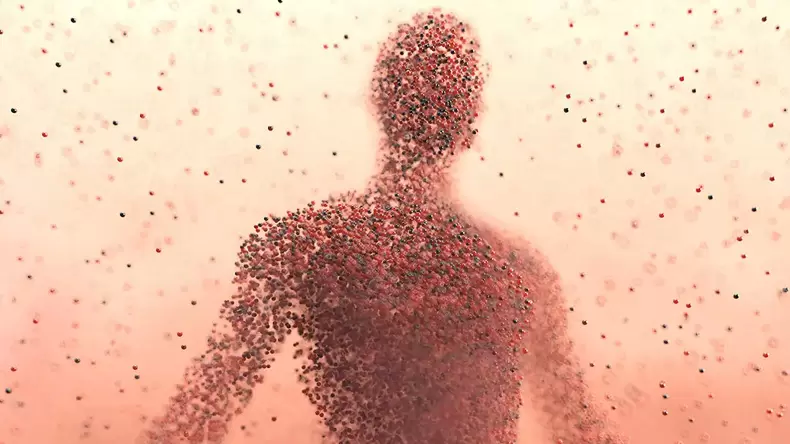
Hydrogen accounts for 10% of the mass of the human body. Since around 60% of your body weight is water, much of the hydrogen exists in water. Its role is to transport nutrients, dispose of wastes, lubricate organs and joints, and regulate body temperature.
Around 3% of your body mass is nitrogen. It can be found in proteins, nucleic acids, and other organic molecules. Nuclear gas is present in our lungs.
Other elements that can be found in the human body are calcium, phosphorus, potassium, sulfur, sodium, and magnesium.
We can find both calcium and phosphorus in our bones and teeth. The first one makes the skeletal system strong and rigid, while the second one is crucial for bone structure.
Potassium functions as an electrolyte and is vital for conducting electrical impulses and for muscle contraction. Sodium is an important electrolyte too, and a component of cellular fluids. It aids in regulating fluid volume, temperature, and blood pressure.
Sulfur is an essential ingredient of amino acids and proteins. It’s present in keratin, which builds skin, hair, and nails. Sulfur is also needed for cellular respiration, allowing cells to use oxygen.
The metal magnesium constitutes around 0,05% of human body weight, and half of it is found in the bones. Magnesium helps regulate heartbeat, blood pressure, and blood glucose levels. It’s a key element of protein synthesis and metabolism. It is needed to support the proper immune system, muscle, and nerve function.
Capsaicin, a molecule found in hot peppers, is responsible for their heat. While the molecule irritates mammals, including humans, birds lack the receptor responsible for the effect and are therefore immune to the burning sensation associated with exposure.
Did you know that sometimes hot water can freeze faster than cold water? It is called the Mpemba effect after the student who discovered it. Whether hot water or cold water freezes faster depends on specific conditions. Hot water might freeze quicker due to evaporative cooling, less chance of supercooling, low concentration of dissolved gases, and convection.
Want to impress your friends by dropping some science knowledge? Take our Chemistry Knowledge Test and you'll be spouting off chemical formulas like a pro. Just don't forget to thank us in your Nobel Prize speech.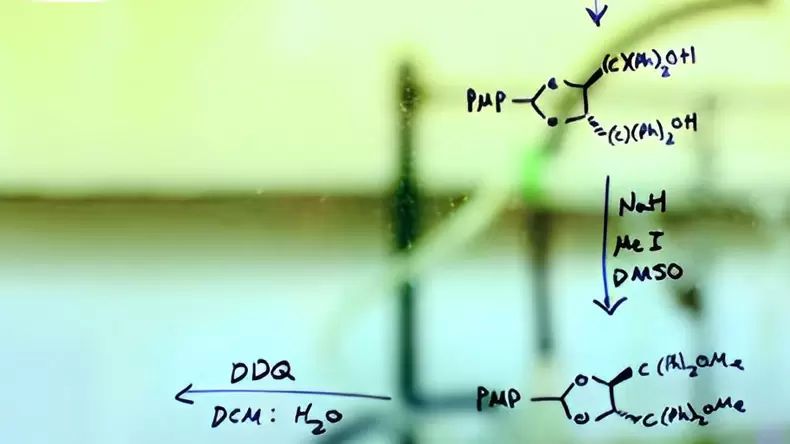
POPULAR
Idiot Test: Am I an Idiot? Quiz
Garden Tales 2
BDSM Test: Exploring Your Kinky Side Quiz
Peppe Pig Ice Skating
Which Disney Princess are You? Quiz
Spiny Maze Puzzle
Smile Dating Test Quiz
Fruit Ninja
When Will I Die? Death Calculator Quiz
Cut The Rope 2
Gay Test: Am I Gay Quiz?
Disney Junior Holiday Party
Which BLACKPINK Member Are You? Quiz
Sonic Run Adventure
The Big Five Personality Test Quiz
Worm Hunt - Snake Game Io Zone
Am I A Furry? Quiz
Mine Clone 4
Which Sanrio character Are You? Quiz
Captain Sniper
Mental Age test: What's your mental age? Quiz
Greenlight Redlight
Sissy Test: Am I Sissy? Quiz
Pinkie Pie Color Puzzle
Quiz: Am I Straight - Test Your Heterosexuality
Among Us The Imposter
Harry Potter Quiz: Which Hogwarts house do you belong to?
Spongebob Saves The Day
Picky Eater Test: Are You a Picky Eater? Quiz
Football Brawl
How Can I Show Love? Love Languages Test Quiz
Home Scapes
Which South Park Character Are You? Quiz
Garfield Checkers
Soldier, Poet, King Personality Quiz
Super Mario Run
Omegaverse Quiz: What ABO type Are You?
Candy Riddles Free Match 3 Puzzle
Pooh Pathology Test: What's Your Winnie the Pooh Pathology? Quiz
The Powerpuff Girls Doodle Maker
Sexuality Test: Discover Your True Colors Quiz
Tom And Jerry Matching Pairs
Are you A Top or A Bottom? Quiz
Hungry Shark Arena
Lesbian Test: Am I Lesbian? Quiz
Happy Glass
16 Personalities Test - Find Out Your 16 Personalities Type Quiz
The Smurfs Ocean Cleanup
What Animal Am I? Personality Test Quiz
Drop N Merge
Body Dysmorphia Test: Do I Have BDD? Quiz
Clash Of Skulls
What is My Angel Number? Personality Test Quiz
New Quiz
What's Your Crush's Secret Thought About You? Quiz
What Eye Color Does My Future Crush Have? Quiz
What's the First Initial of Your Crush? Quiz
Which Plant Personality Are You? Quiz
Who Is My Digimon Partner? Quiz
Your 2025 Word Of The Year Quiz
